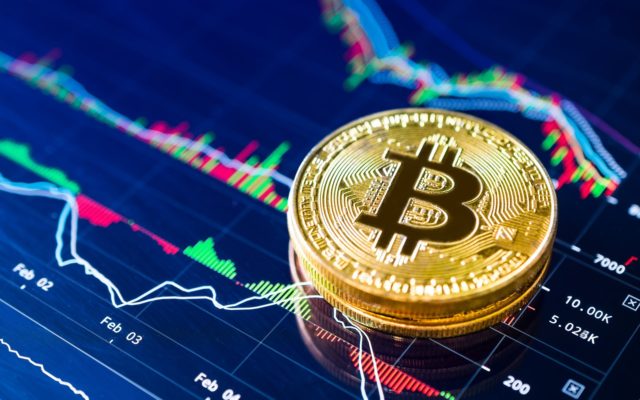Credit Suisse raised its forecasts for Brazilian inflation in 2022 and 2023, now estimating that the rise in the IPCA will exceed the ceiling of the official target for three consecutive years, even with the expectation that the Central Bank will be forced to raise the Selic rate to 14% until next August.
Under the new scenario, Credit Suisse sees the IPCA rising 9.8% this year. A little less than two weeks ago, the private bank estimated an increase of 8.3%, a rate that already far exceeded the ceiling of the objective pursued by the BC, of 5.0%. The center of the target this year is 3.5%, but there is a margin of tolerance of 1.5 points plus or minus.
For next year, the projection is now for consumer inflation of 5.1%, which leaves the Swiss lender’s forecast above the upper limit of the target for 2023 for the first time. The target for the period is 3.25%, also with a tolerance of 1.5 points. In a previous scenario, Credit Suisse expected an increase of 4.6% in the IPCA next year.
If this scenario is confirmed, consumer price growth in Brazil will mark three consecutive years above the target tolerance band, after the IPCA jumped 10.1% in 2021, when the central inflation objective was 3.75 %.
In a report signed by Solange Srour, Lucas Vilela and Rafael Castilho, Credit Suisse said that “this year’s inflation review stems from our new expectation of rising prices for fuel, food and industrial products”, predicting that Petrobras will increase prices of fuels by 15% in the period to reduce the difference in relation to the historical average.
The bank raised its forecast for food inflation this year to 16.4%, from 12% earlier, “due to the sharp rise in fertilizer prices, lower global food supply due to bad weather conditions and lower yields from Brazilian crops”.
For the coming year, “we expect that prices for services and managed services will continue to be pressured by the inertial effect of high current inflation, by the widespread inflation among items and high inflation expectations, while inflation in industrial products and food tends to decrease only gradually. ”.
Credit Suisse repeated its previous scenario assertion that the disinflation process will be “long and costly”, providing little room for the Central Bank to refrain from continuing to raise interest rates in the coming months.
“There is no such thing as a free lunch: accommodating higher inflation this year will require a longer period of restrictive interest rates or even higher rates,” the bank said, maintaining earlier expectations that the Selic – currently at 12.75% – will be increased by 0.75 percentage point in June and 0.50 percentage point in August, reaching 14%.
Credit Suisse expects a easing cycle to begin in May next year, leaving the Selic at 9.5% by the end of 2023.
“We believe that the risks for the Selic next year are sloping upwards due to the still asymmetric inflationary scenario for higher inflation.”
Source: CNN Brasil
I am Sophia william, author of World Stock Market. I have a degree in journalism from the University of Missouri and I have worked as a reporter for several news websites. I have a passion for writing and informing people about the latest news and events happening in the world. I strive to be accurate and unbiased in my reporting, and I hope to provide readers with valuable information that they can use to make informed decisions.







